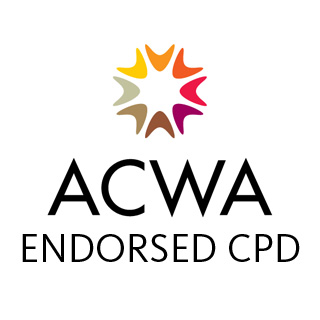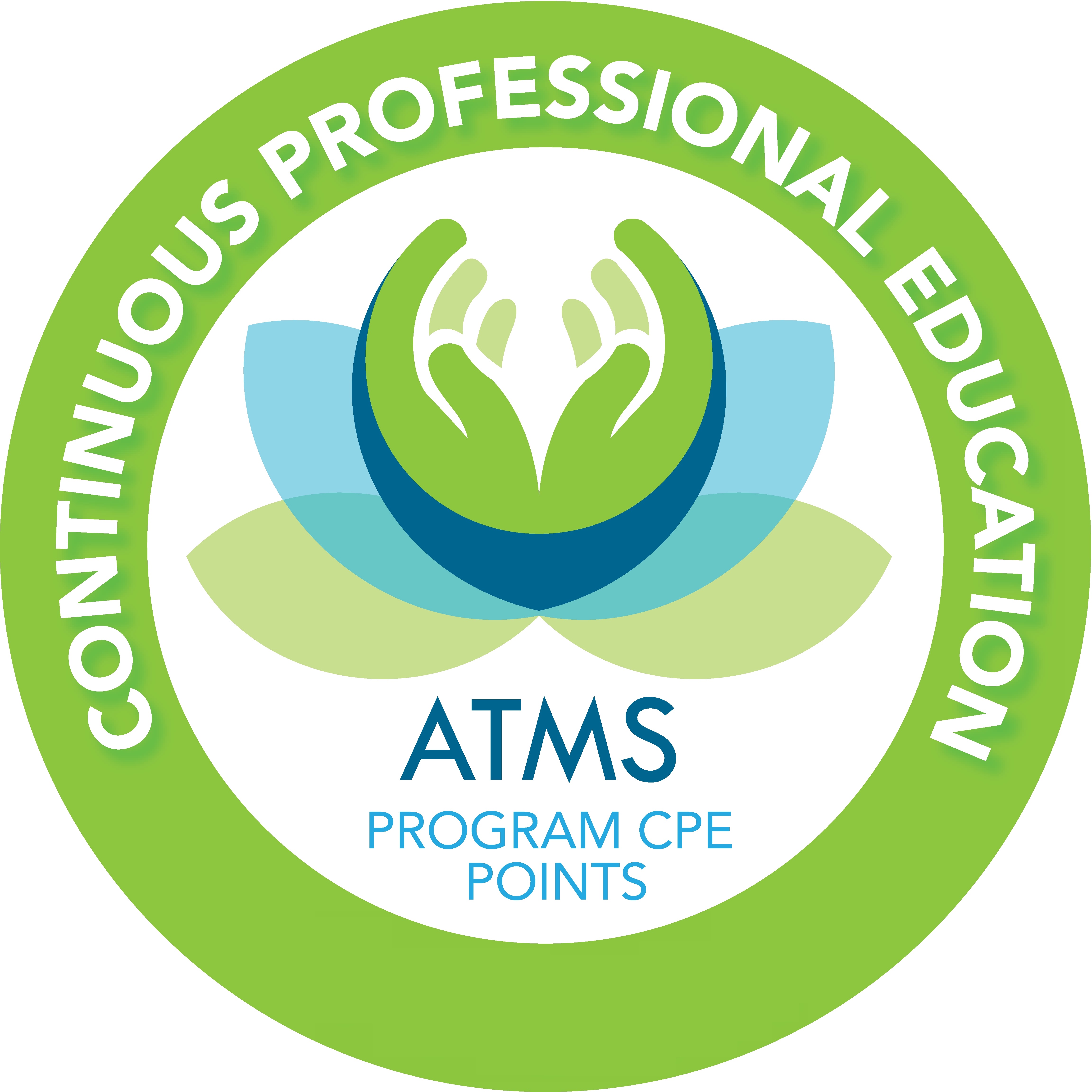UPSKILL MICRO-CREDENTIAL
Dialectical Behaviour Therapy (DBT)
Dialectical Behaviour Therapy (DBT) is a cognitive behavioural treatment developed by Dr Marsha M. Linehan in the 1980s, originally designed to treat female patients with Borderline Personality Disorder, and high suicidality.
The overarching therapeutic goal of DBT is to balance acceptance of oneself and their situation, with the need to change in order to live a meaningful and fulfilling life. This balance between the dialectics of acceptance and change is weaved throughout the DBT structure, with skills specific to these components being acquired, strengthened and generalised by the client for the duration of their intervention.
Online, Self-paced
2 months (full time)
1 Unit


Why study an Upskill Micro-Credential
The world of work is changing. Upskilling, reskilling and agility is key to ensuring you or your organisation thrives in this ever changing, tech-focused decade. As the pace of change quickens, you and your workforce will need to learn new skills quickly to adapt and stay competitive.
Our micro-credential courses fill and advance critical areas of knowledge. They are deep-dive explorations into important topic areas that’ll advance your capacity at work and personally.
Our micro-credential courses are extremely applicable to people from all work and education backgrounds. Our courses cover diverse content areas relevant to an array of professional contexts.
We’re specialist educators in mental health with over 30-years’ experience. Our extensive experience provides us with a deep understanding of learner and market needs.
With so many demands on our time, it’s crucial that learning fits around our other commitments. That's why our micro-credential courses are self-paced and carefully designed to provide a rich, enjoyable learning experience.
Course Overview
The Upskill on Dialectical Behaviour Therapy introduces you to this increasingly recognised therapeutic program. This course has been specifically designed to provide an overview of DBT for helping professionals, and helping you develop understanding, techniques and strategies to assist you as you continue your professional journey. As Dialectical Behaviour Therapy requires an in-depth knowledge of the underlying theories, as well as skills specific to the delivery of DBT, this workbook is considered an overview only, and does not replace professional training in DBT as required in order to gain certification.
The Course includes a Study Guide, a Book of Readings, and recorded webinars, and is completed through passing a multiple-choice assessment. The Study Guide will take you through the core content of the course, including information on Dialectical Behaviour Therapy, distress tolerance, emotion regulation, interpersonal effectiveness, and more. These are supported by selected readings (all contained within the Book of Readings), each of which has been selected to expand or elaborate upon a particular area of knowledge or skill.
Upon completion of this course you will have:
Course Outline
This Course is divided into 4 Parts:
The upskill starts with information about the origins of DBT, before going into more detail its main use with people with Borderline Personality Disorder. It also focuses on the many assumptions that form the basis of effective DBT practice, as well as the five main functions of DBT. Following this, you will review how DBT is structured, as well as how it can incorporate features of mindfulness and dialectical thinking.
This Study Guide focusses on two important factors simultaneously; surviving an actual crisis without extreme emotional distress and consequential harmful behaviours, as well as acceptance of reality that may be distressing but is not within a client’s control to change. It also examines techniques such as ACCEPTS, TIP(P), IMPROVE and more to help increase a client’s tolerance of difficult emotions, rather than trying to escape from them.
The objective of regulating emotions is to teach clients how to handle negative and overwhelming emotions, while increasing positive experiences. There are three main goals of emotion regulation in DBT: understanding emotions through psychoeducation, reducing emotional vulnerability and decreasing emotional suffering. This Study Guide will examine how we can work with clients to target these areas.
The final section of this Upskill provides some helpful ways to increase clients’ skills in effectively interacting with others. Interpersonal effectiveness requires a number of skillsets, including assertiveness, valuing, boundary setting, empathy, conflict resolution and self-awareness which, for a number of DBT clients, are skills they have not acquired or witnessed in their environments.
You have already enrolled into the Dialectical Behaviour Therapy Upskill Micro-credential.

30-Day Money Back Guarantee
If you're not satisfied we'll give you your money back.
Zero Risk
Your enrolment comes with a guarantee that empowers you to enrol risk-free. if, for any reason whatsoever you decide you do not want to proceed with your course within 30 -day, we will give you a 100%, no questions asked, money back guarantee.
Frequently Asked Questions
Yes, we deliver micro-credential courses in a range of areas. Our micro-credentials are between 20 and 40 hours of deep, rich, learning in specific areas.
All micro-credentials lead to a Digital Badge and Certificate of Attainment. They are self-paced and assessed through multiple-choice.
Some of our micro-credential courses include Creative and Critical Thinking, Acceptance and Commitment Therapy, Working with Mental Health, Emotionally Intelligent Leadership, and many more. You can find a catalogue of all courses here: AIPC Upskill
Our AIPC Upskill courses are all micro-credentials, which means you receive a Digital Badge and Certificate of Attainment upon successful completion.
Our micro-credentials are between 20 and 40 hours of deep, rich, learning in specific areas.
Some of our micro-credential courses include Creative and Critical Thinking, Acceptance and Commitment Therapy, Working with Mental Health, Emotionally Intelligent Leadership, and many more. You can find a catalogue of all courses here: AIPC Upskill
No, anyone can enrol in an AIPC Upskill micro-credential course.
Our Upskill micro-credential courses are self-paced and online. Each courses includes a Study Guide, a Book of Readings, and recorded webinars; and are assessed through multiple-choice questions.
Our micro-credential courses are between 20 to 40 hours of learning.
Upskill micro-credential courses comprise multiple-choice, online assessments. For successful completion of an assessment, you are required to attain a minimum 65% pass rate. As the assessment is competency-based, if you don’t pass on your first try, you will have the opportunity to review and re-submit your answers (there are no re-attempt limits).
Upon completion of an Upskill micro-credential course you receive an electronic Certificate of Attainment and a Digital Badge. A Digital Badge is a form of Digital Credential (also known as ‘micro-credential’) that can be verified/validated online. A digital badge signals your achievement to potential employers and stakeholders, as they are able to verify your learning/skill acquisition outcomes in real-time, over the web.
A Digital Badge is a form of Digital Credential (also known as ‘micro-credential’) that can be verified/validated online. A digital badge signals your achievement to potential employers and stakeholders, as they are able to verify your learning/skill acquisition outcomes in real-time, over the web.
As Upskill micro-credential courses cover a variety of topics and are relevant to diverse professions, you should check the CPD requirements of your industry association.

30-Day Money Back Guarantee
If you're not satisfied we'll give you your money back.
Zero Risk
Your enrolment comes with a guarantee that empowers you to enrol risk-free. if, for any reason whatsoever you decide you do not want to proceed with your course within 30 -day, we will give you a 100%, no questions asked, money back guarantee.




